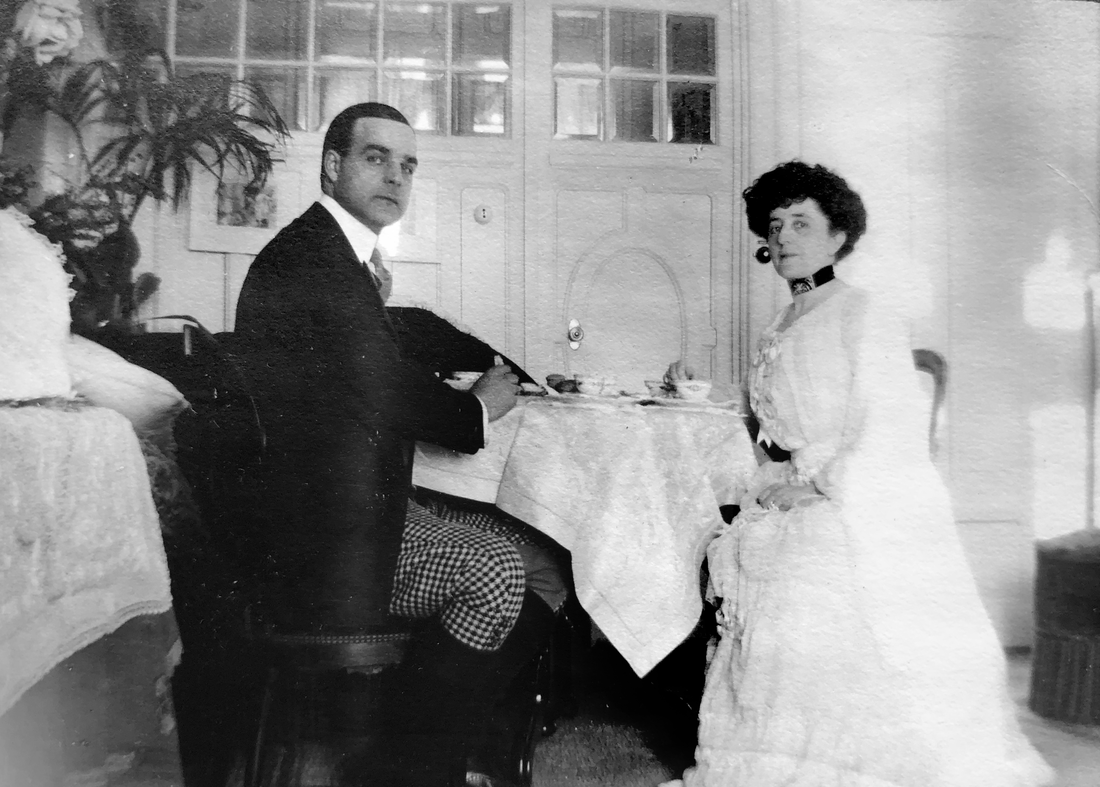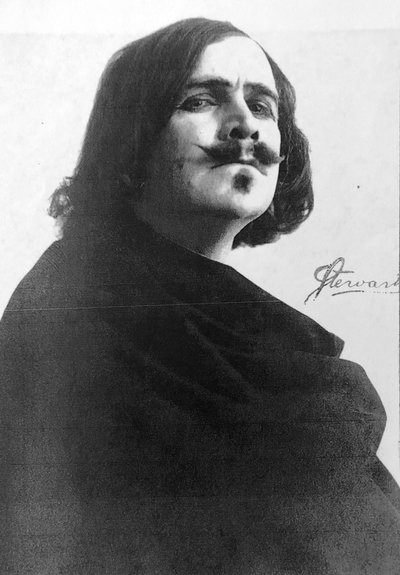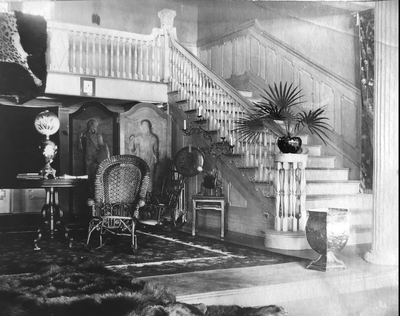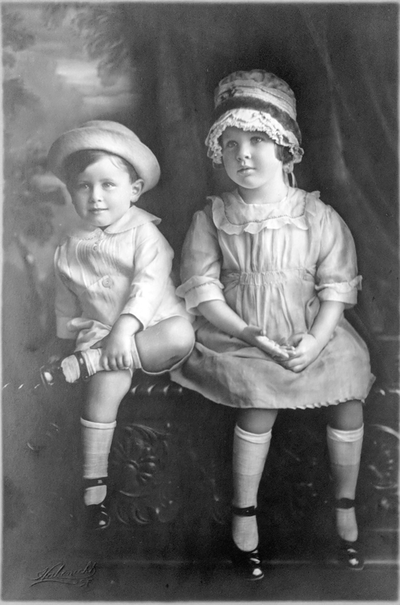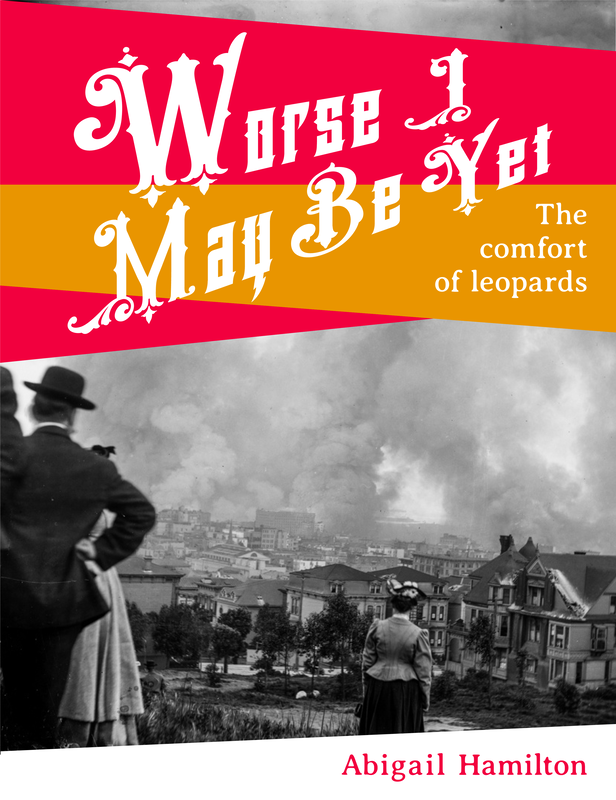THE HOTALINGSWorse I May Be Yet, a work of historical fiction, is a novel about a pioneer family during the "champagne days" of San Francisco between the late 1890s and 1925. The Hotalings were friends to all, enjoying rare wealth and social prominence thanks to a fortune amassed by A. P. Hotaling, for many years the largest whiskey distiller and wholesaler on the West Coast.
A privileged life among some of the "best" and most interesting people of the day did not stop things from going wrong. The mounting stress of deaths in the family, the Great Fire, and the approach of first World War and the Prohibition amendment pressurized and turned them against each other. Soon they were on the front page of every paper. Worse I May Be Yet is also an inspection of the life of a gay man trying to have a marvelous life—with lots of Shakespeare thrown in—while tending to his responsibilities to his family and the society around him. |
AUTHOR'S NOTE
One day in perhaps 1987 I strode into the living room of my mother's house, the house in which I had grown up, the house in which my grandmother had also lived. I overheard the word "lawsuit" jump cleanly from someone's lips. I inquired. A small antique trunk was brought out an opened, and a clipping from the front page of a San Francisco newspaper was handed to me. It was yellow with age but bore a blaring headlines about some very bad behavior between my forebears.
I remembered this moment years later, at a time when the Internet had matured and all manner of research was newly possible. I began to search and the world of newspaper and other archives was opened up to me and I found that "the lawsuit" was just the part of a fascinating story in which my family, in the early years of the twentieth century, became a house wretchedly divided for the whole world to see. I knew then I had to write this book.
I didn't know the book would take almost three years to write. I thought I was writing a story about six or so people who lived in San Francisco, but I discovered that it’s a larger story about a time and a changing but eternal city as well. At the heart of this novel is a family mystery which can never be solved. I have based the events as closely as possible on the historical record provided by family fumes and the newspapers of the day, which are startlingly generous in breadth and detail, adding only what seemed necessary to bring the characters and events to life, and to help myself understand what happened inside a prosperous and admired family with every advantage given to it.
I hope this book gives readers even a few of the outsized pleasures and insights given me by such inspirations as Thomas Mann's Buddenbrooks, Donna Leone's Death at La Fenice, Irene Nemerovsky's Suite Française, and so many other careful inspections of times, places, and people.
I remembered this moment years later, at a time when the Internet had matured and all manner of research was newly possible. I began to search and the world of newspaper and other archives was opened up to me and I found that "the lawsuit" was just the part of a fascinating story in which my family, in the early years of the twentieth century, became a house wretchedly divided for the whole world to see. I knew then I had to write this book.
I didn't know the book would take almost three years to write. I thought I was writing a story about six or so people who lived in San Francisco, but I discovered that it’s a larger story about a time and a changing but eternal city as well. At the heart of this novel is a family mystery which can never be solved. I have based the events as closely as possible on the historical record provided by family fumes and the newspapers of the day, which are startlingly generous in breadth and detail, adding only what seemed necessary to bring the characters and events to life, and to help myself understand what happened inside a prosperous and admired family with every advantage given to it.
I hope this book gives readers even a few of the outsized pleasures and insights given me by such inspirations as Thomas Mann's Buddenbrooks, Donna Leone's Death at La Fenice, Irene Nemerovsky's Suite Française, and so many other careful inspections of times, places, and people.
At length, Jane and George (named after his unmet dead uncle, who had himself been named after the great friend) had emerged to put on a play. It was pure Dick, in the role of both playwright and director, to put two-year-old George in the role of a family dog. Jane, at five years old, was very good at disciplining the unpredictable creature; when George had begun to kick his legs too many times against a low bamboo table, Jane grabbed his feet and held them fast with shrill reproval. At this, Ella sent the children home with their maid. This work of historical fiction does not yet have a publisher. Inquiries welcomed.
|
All content on this site is the sole property of Abigail Hamilton. All rights reserved. 2020.

